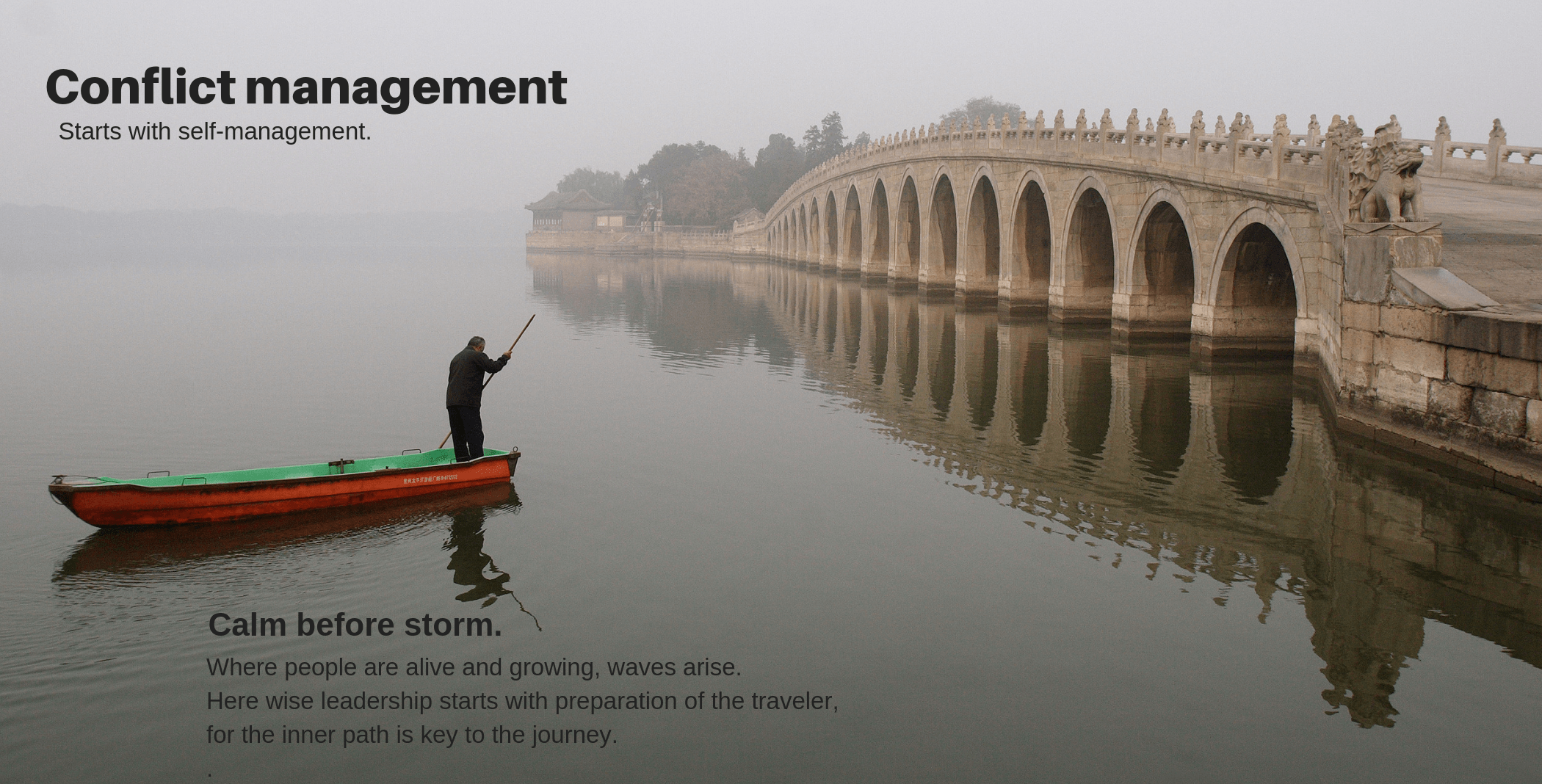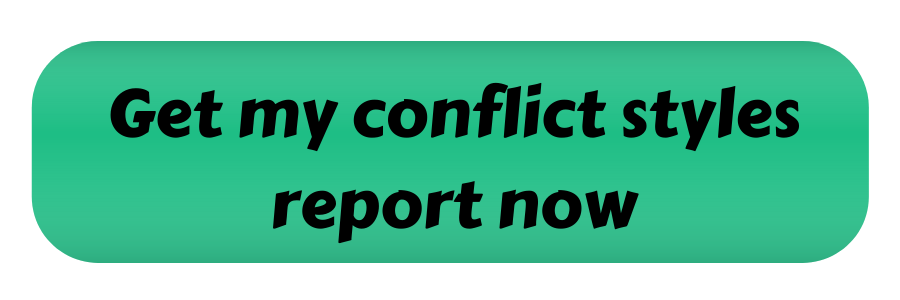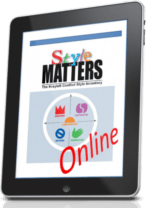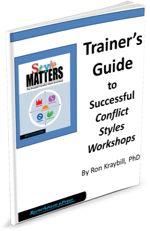Get a Personal Conflict Styles Report
Gratis Use for Members of Interim Ministry Network
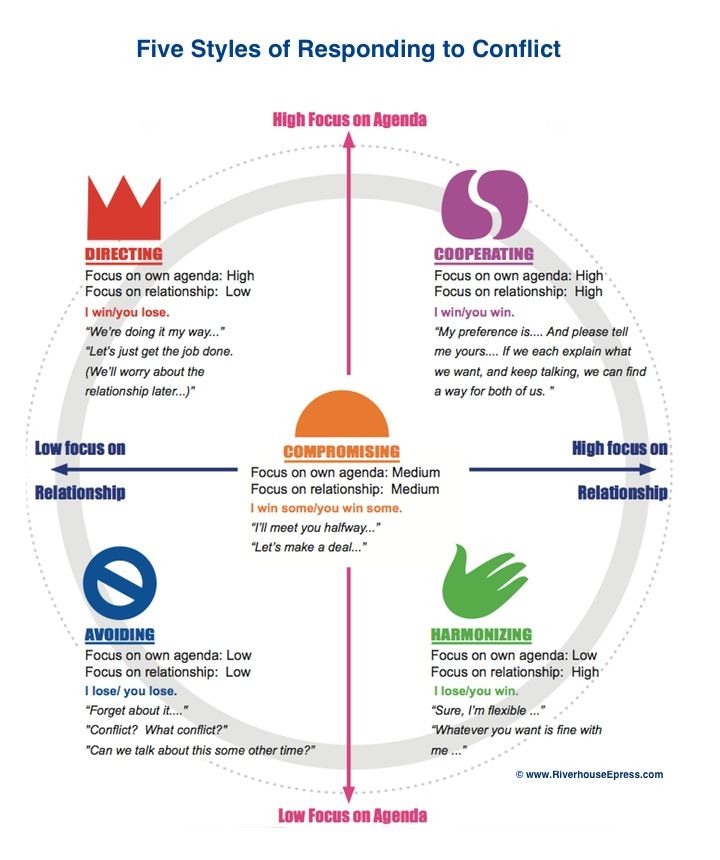
Instructions
Click on the button below, enter your name, email, and passcode, and answer 20 short questions. It takes about 10 minutes. You'll then get a 10 page score report, visible on screen and in your email, with detailed information about your conflict style preferences, the strengths and weaknesses that tend to come with your profile, suggestions for optimizing your profile, and ideas for colleagues and partners who want to know how best to communicate with you in times of stress.
Enter this passcode when prompted: Cs8yXYzqJ2u The code is not case specific. You can type it by hand or copy and paste it from this email to the login. This code is intended only for members of IMN and expires January 31, 2020.
About this Offer to IMN
We began developing the Style Matters conflict style inventory in 1984 for use in churches. At that time, Ron Kraybill, then director of the Mennonite Conciliation Service, gathered insights from the Thomas Kilmann Conflict Mode Instrument and the Gilmore Fraleigh Personal Style Report and created a unique tool to help congregational leaders review their patterns in conflict.
We've refined Style Matters for over 30 years since and completed a major upgrade of the personal report in 2019. With the power of algorithms, our server creates a report rich in personalized insights that would require careful study and half an hour of conversation by an experienced trainer to match. Teams and groups can now have a rich learning experience on their own without needing to bring in an external trainer. Average user rating is 8.5 on a scale of 10.
We'd like to see congregations use Style Matters on a broad scale. So we're making a one-time offer, good only till January 31, 2020 to members of IMN to take the inventory.
Summary of User Feedback Regarding Style Matters*
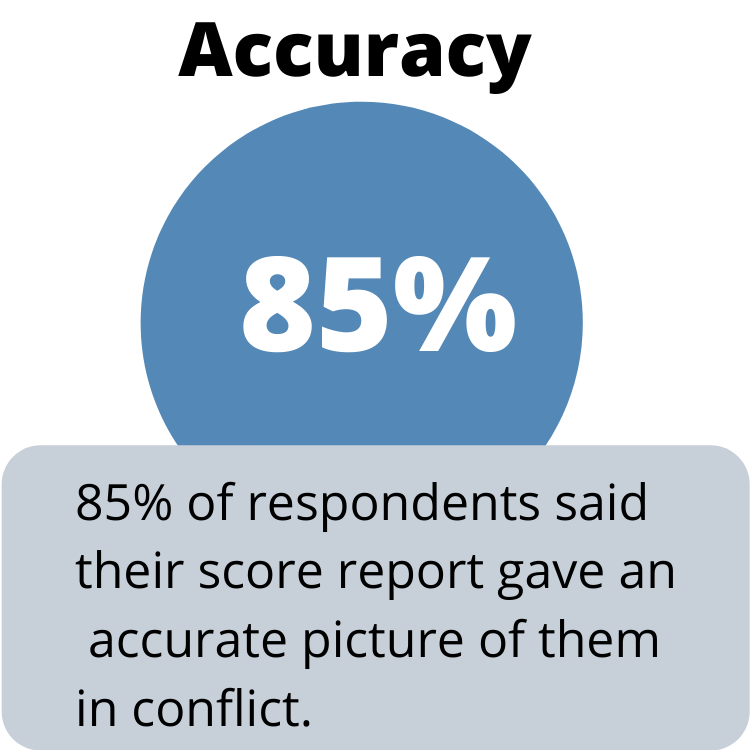


* Data is from 87 individuals who responded to our invitation for feedback sent in the period May to November, 2019.
User comments on benefits of taking Style Matters. We asked users: What's the primary benefit you received from your experience with Style Matters? They replied:
- "Understanding the difference between "calm" and "stormy" styles. Seeing how I switch my approach depending on the context and intensity."
- "Your noticing that my shift of 6 points (cooperative to compromise) when I move from calm to storm may confuse my partner sheds light on his frequent complaint that I quit [when actually I'm not, I'm just trying to be realistic about what we are capable of at that moment]."
- "I just used Style Matters for our entire church staff. It was a wonderful training tool for understanding how to work together for best outcomes."
- "I appreciated the distinctions between Calm and Storm styles [and order] as it provides a better way of understanding where I go as conflict/tension escalates."
- "Not to piss someone off before you figure out what their actual/ underlying problem is."
- "I did this as part of a Healthcare Management degree class assignment. Insight is always good when it comes to leadership. This allowed me to realize how much I have grown and worked on myself."
- "It was used for a team building exercise at my job and it helped a lot."
- "Time for internal reflection."
- "Gave me insights to better understanding my conflict style and where I could put in an effort to be more effective when faced with conflicts."
- "Learning about how myself and others react to conflict and strategies of how to deal with others who have different styles than myself.:
- "Identifying different conflict styles between my partner and I, and helping us to understand how best to engage with the other when either of us is upset."
- "Great comparison with TKI assessment."
- "Telling my team how I respond to conflict."
- "Understanding the strengths and weaknesses of my conflict style."
- "Gave me info to think about—skills to hone in on especially with the pros & cons."
- "The critique of excessive dependence on a strong style is insightful."
- "I focused on a particular person I need to have a difficult conversation with. It helped."
- "Which style I lean on under stress."
- "Gained better understanding as to whom am I as a negotiator."
- "The explanation that helped me realize my primary style is both good and not-so-good. The contrast helps."
- "Interesting to learn that my cooperative style doesn't always work well with someone who has an avoidance style. Things don't get accomplished that way!"
- "I now recognize my shortcomings and where i need to tone down my style when working with others."
- "Recognition of my style and how to improve."
- "Ability to discuss, in more detail, the way I address conflict."
- "I learned a lot about myself."
- "Sense of strengths and weaknesses with conflict engagement and resolution."
- "Gave me a clear affirmation of why I handle conflict the way I handle it."
About Style Matters
Style Matters gives individuals and teams a simple, engaging, and positive way to reflect on conflict resolution patterns and improve them. Normal cost is $8.95 per user and $6.95 in quantities of 100 or more. Users answer 20 questions about their responses in settings of Calm and Storm, and get a score report pointing out patterns that most people are barely conscious of.
By studying the picture that the Style Matters score report holds up before them, users become more aware of what they typically do in conflict and can more easily choose responses that enable them to achieve their goals. The score report provides detailed suggestions: 1) for optimizing conflict responses and 2) for partners and co-workers who want to support the user to function at their best in difficult circumstances.
Style Matters is unique among conflict style inventories in several ways:
1) The inventory measures responses in both Calm and Storm. The stress of conflict can have drastic effects on how people function. How you respond when you're really frustrated may be quite different than when you're calm. No other conflict style inventory accounts for this important dynamic.
2) Style Matters is suitable for users from a variety of cultural backgrounds, thanks to its unique way of posing questions.
Style Matters has been psychometrically validated. It is used by hundreds of trainers, teachers, and consultants and administered to many thousands of users every year, at institutions such as George Mason University, Johns Hopkins University, University of Southern California, the Justice Institute of British Columbia, Liberty University, the US and Canadian militaries, and many others.
Free trainers guides are available on our site, designed to make it possible for anyone with normal group facilitation skills to lead a successful conflict styles workshop with only modest preparation.



 Need assistance? Email center@riverhouseepress.com with a copy of the login instructions you received and a brief description of what is happening. We'll reply in one business day-usually less.
Need assistance? Email center@riverhouseepress.com with a copy of the login instructions you received and a brief description of what is happening. We'll reply in one business day-usually less. 